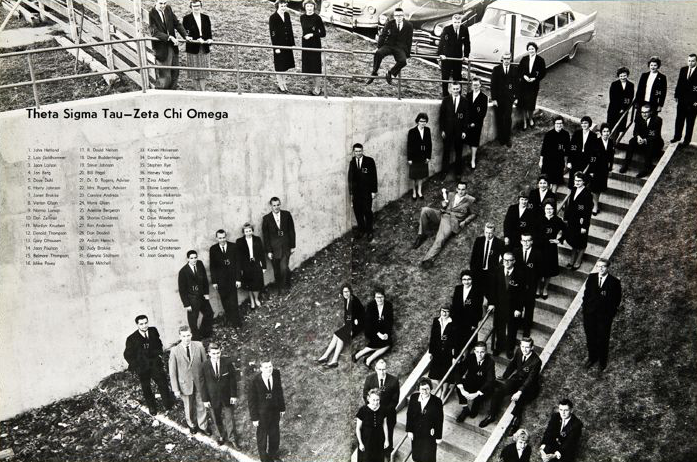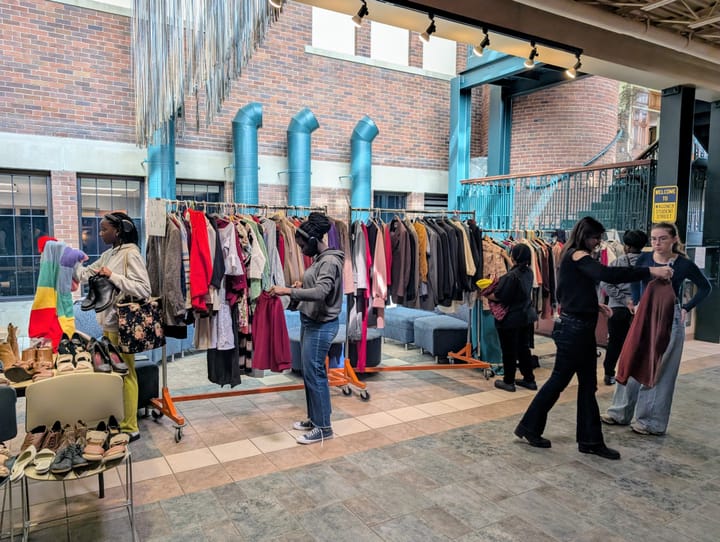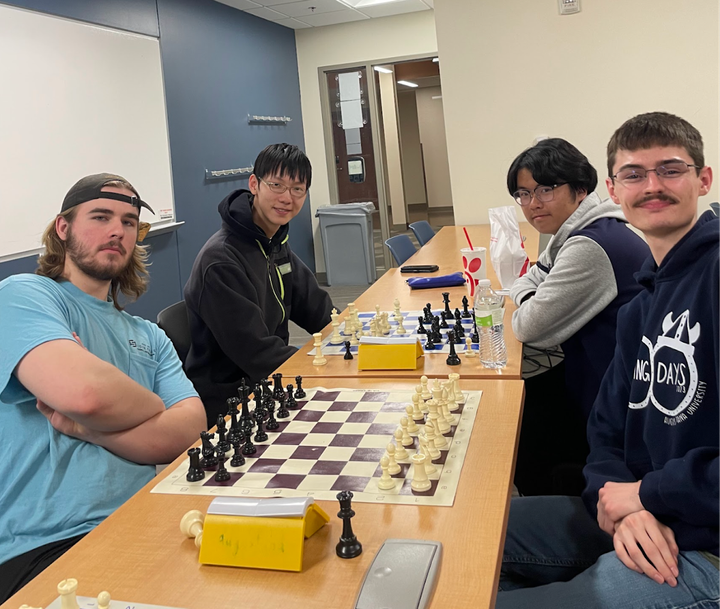Arega researches benefits of community gardens
Sophomore biology and government major Tsegab Arega spent her summer researching the negative effects of climate change on systemically non-dominant communities in hopes of finding a sustainable solution.
After two months of searching for an objective, Arega has decided to research how community gardens may benefit those communities in Sioux Falls and on Augustana’s campus. Arega said the gardens would be non-GMO, organic and sustainable.
“I came up with the idea of studying how community gardens can provide a solution to climate change,” Arega said. “That would address the issue of food disparity and it would give people the opportunity to plant food that is reflective of their own diet. It would also address the issues of healthy disparity, park disparity and food security.”
Arega had been considering other research topics, like the environmental effects of red lining and slavery, but chose to look into the benefits of community gardens after vising Augustana’s own garden with philosophy professor and Director of Sustainability, David O’Hara.
“He showed me different plants and gave a whole lecture on how essential it is to plant organic foods and then feed students who are learning to change the world,” Arega said. “That gave me a lot of thinking to do.”
Initially, Arega was intending to focus on how climate change affects Black communities, but she said after her summer of research, she wanted to expand her focus to include all systemically non-dominant individuals in Sioux Falls and the Augustana community.
“This summer I was just a curious person dedicated to learning about sustainability and how climate change impacts vulnerable communities,” Arega said. “After doing research for two months, I was very passionate about how I can bring a solution not only to the Black community, but also to other systemically non-dominant communities. That made me more passionate to learn about the sustainability movement in a broader lens.”
Arega started working with O’Hara after her summer internship was canceled in light of the COVID-19 pandemic. She said she was looking for another job when she was connected with the professor through a meeting with Augustana’s Diversity, Inclusion and Equity Office.
“When George Floyd died, the Diversity, Inclusion and Equity Office held a meeting where I met Dr. O’Hara,” Arega said. “In the meeting, he said something about needing students to do research for him.”
Now that Arega has a specific research focus, she said she is planning to continue learning about community gardens, search for a future garden location and meet with students and staff on campus who could help with her project.
Arega said she wants to research the benefits of community gardens so she is prepared to meet with Sioux Falls government officials.
“I have to have scientific evidence that shows why this is essential and why this is helpful for those systemically non-dominant communities,” Arega said. “If I ask for funding from the city council or any government leaders, I want them to feel that this is important too.”
Arega said she ultimately wants to provide “actionable goals” that will both sustainably help Black communities and educate the Augustana community.
As of now, her goals are to initiate conversations about the relationship between climate change and Black communities. She wants those conversations to also highlight Black environmental activists who have typically been ignored by the media and history.
Her second goal is to expand the term ‘social justice.’
“If we’re going to talk about social justice, it’s not only about changing how our police departments run, but it’s also really taking a strong look at our environmental policies. They’re putting a vulnerable community in danger.”



